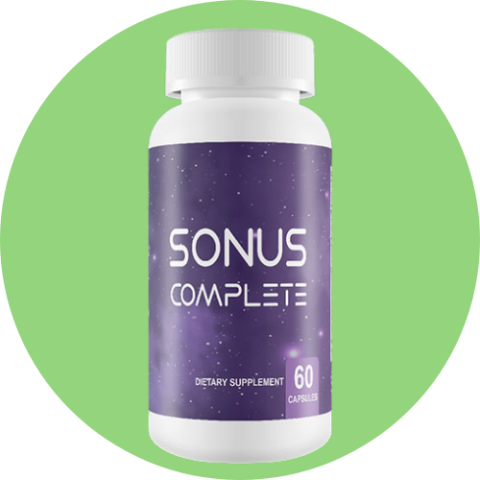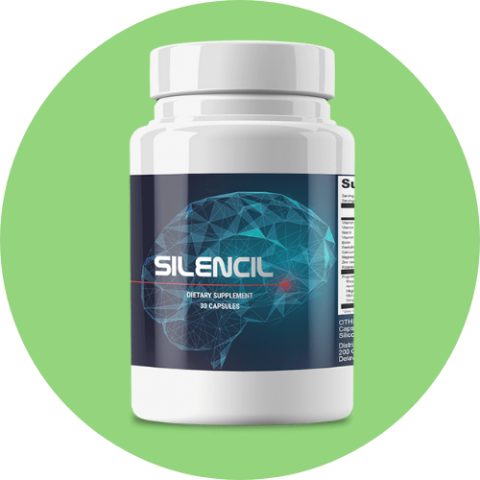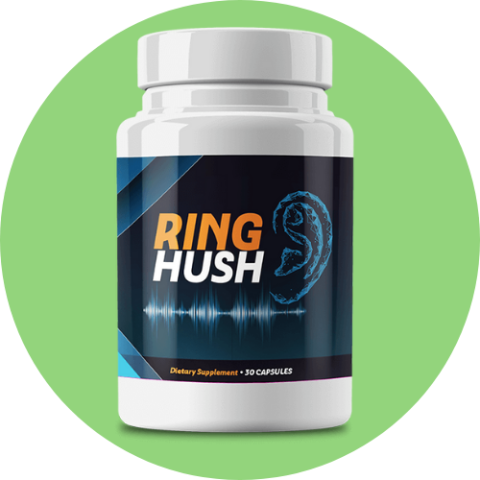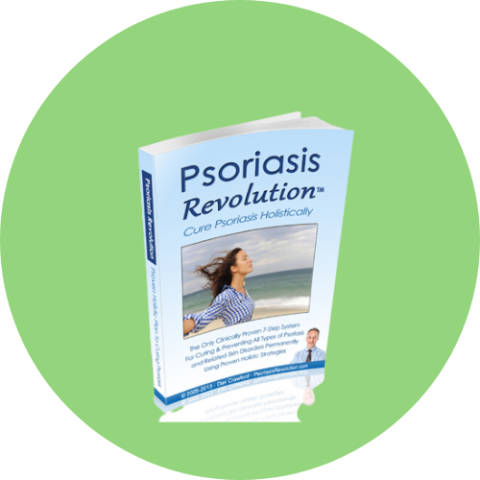6 Common Causes Of Itchy Ears: Complete Guide 2024
By Vanessa Richards
January 10, 2024 • Fact checked by Dumb Little Man
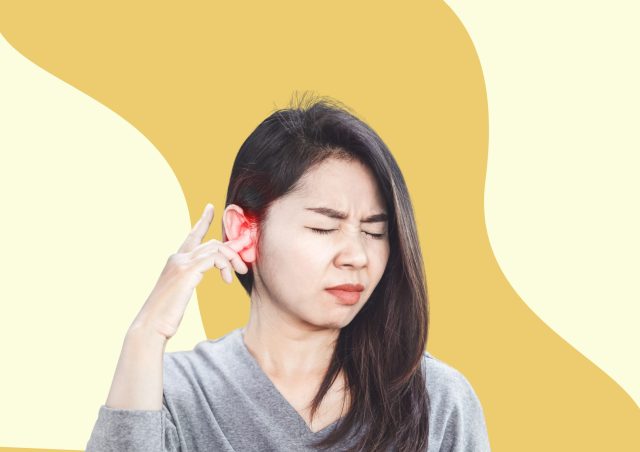
If you experience itching in your ears, you aren’t feeling anything rare. The prevalence of itching in ears is quite common.
Of course, itchy ears bring no serious impacts. Thus they are not as alarming as kidney cancer or brain tumor.
But, itchy ears often involve underlying diseases and infections that sure need the attention of a healthcare provider. Even if itchy ears do not involve any disease, they are surely irritating and induce frustration.
So, you need to know how to tackle and manage itchy ears. Explore here the causes, symptoms, and treatments for better guidance.
6 Causes of Itchy Ears
1. Dry Skin
This is one of the most common causes and involves loss of moisture from the skin. Notably, it can cause dry ears. Also, dry skin causes itchiness elsewhere in the body, like arms and lips.
However, many diseases or conditions (discussed as a separate cause) cause dry skin and itching in the ears.
2. Swimmer’s Ear
Pond or swimming pool water, on entering into the ear, causes a bacterial infection known as the swimmer’s ear (otitis externa). Excess water or trapped water in the ear canal increases moisture and favors this outer ear infection.
Further, otitis externa causes itchiness along with ear pain, irritation, and swelling in the ears.
3. Prolonged Usage of Hearing Aid And Other Things
Consistent and prolonged use of external ear-based devices can cause discomfort. Notably, hearing aids and music-listening devices like Airpods and ear/headphones can make skin conditions worse. And thus, their use can cause an itchy feeling in your ears.
Moreover, regular use of these external devices blocks the ear canal. And hence their uses lead to the accumulation of moisture in the inner ear bringing an itchy feeling.
Further, these devices accumulate dust and foreign particles with prolonged use. And when not cleaned, they can cause skin issues and affect the ear skin. The resulting infection or condition, needless to say, can generate itchiness in the ears.
4. Skin Conditions
These encompass seborrheic dermatitis, psoriasis, and eczema. Seborrheic dermatitis happens in oily skin, including the nose and scalp. And it can spread to the outer ear.
Another skin condition, eczema, affects areas surrounding the ear. It causes redness and itching.
Psoriasis, a chronic skin condition, causes flakes and scaling in the skin. These symptoms make your affected areas, like ears, itch.
Further, it can affect your ear canal or middle ear.
5. Allergic Reaction
You may get an allergic reaction in the ears resulting from different factors. You can get an itchy feeling in the ears from earrings, cosmetics, and skincare products.
Like, an allergic reaction resulting from skincare items or metal earrings can cause inflammation in the ear canal. And that produces a condition called ear canal dermatitis.
Further, you can get oral allergy syndrome as a result of consuming raw fruits, nuts, and veggies. And this syndrome affects people having pollen allergies and causes allergic reactions in the mouth, throat, and lips.
Importantly, some people report developing itchiness in the ears due to the syndrome.
6. Excess Earwax
The presence of wax in the ear canal is healthy and normal. But more than enough wax causes undesirable effects like blockage and itching.
Also, you may experience earwax blockage while trying to remove excess earwax with cotton swabs or bobby pins. This tendency pushes the wax more into the inner part and causes itching.
Further, over-cleaning of wax can make your ears unnecessarily dry. And that can remove the protection and thus favor infections having the potential to cause chronically itchy ears.
What Are The Symptoms Of Itchy Ears?

Here, it should be noted itchy ears are not any disease. But, these are part of a cause which is a disease or illness.
Itchy ears come with the following symptoms.
- Urge to scratch your ears
- Ear irritation
- Swelling of ears
- Reddening of ears
- Ears secreting liquid or fluids
- Accumulation of ear wax
- Ears having water or having a watery feeling in the ear canal
- Bumps in the external structures of the ear
Other symptoms of itchy ears include itchiness spreading into the lobes or elsewhere from the affected region.
When To Seek Medical Help For Itchy Ears?
Dryness of the skin, contact with any cosmetics, or food allergy can cause itching in the ears. But the itchiness goes away on its own.
Notably, if you have watery eyes, fever, or any serious symptoms accompanying itchy ears, you need to get medical help. As recommended by doctors, including board-certified experts, the presence of pus or liquid accompanying ear itching implies severity. And thus, this calls for consulting a healthcare provider.
Further, if you feel itchy ears progressing or indicating severe cases, you can consult otolaryngology head and neck surgery experts. Notably, if your hearing is affected, you can consult a hearing care provider.
How Are Itchy Ears Treated?
The treatment depends on the cause affecting your auditory system. You can use supplements given below that targets the causes of itchy ears like infections.
Treating Otitis Externa
1. Top Consumer’s Choice For All-Natural Supplement: Sonus Complete
Sonus Complete, an all-natural supplement containing vitamins and extracts of plants and fruits, ensures good immune health. And thus, it helps in maintaining good ear health and prevents infections.
Further, the supplement targets resolving tinnitus which occurs as a symptom of ear infections like otitis externa.
Shop at Sonus Complete’s Official Website.
Full Article: Sonus Complete Reviews: Is it Really Effective Against Tinnitus?
2. Best Multi-focused Approach: Synapse XT
This nutritional supplement potentially targets managing the hearing loss of older people. As claimed by the brand, the supplement helps to improve cognitive functions, which in turn can improve hearing.
Notably, its ability to improve hearing or auditory health comes in handy in curing Otitis externa. The supplement, by virtue of its natural and effective ingredients, provides a holistic way of infection-caused hearing problems.
Shop at Synapse XT’s Official Website.
Full Article: Synapse XT Reviews: Does it Really Work?
3. Best Inflammation Prevention: Silencil
The natural ingredients of the supplement powerfully help in improves brain functions. Doing so enables Silencil to prevent auditory troubles and infections affecting the inner ear.
Also, Silencil, by managing diseases or conditions, helps to cure itchy ears. Notably, the added antioxidants promote overall improved health, including the auditory system.
Shop at Silencil’s Official Website.
Full Article: Silencil Reviews: Does it Really Work?
4. Best Probiotic Content: Ring Hush
The herbal ingredients of Ring Hush help in treating ear inflammation. Doing so enables the supplement to treat irritation and itching resulting from inflamed ear skin.
Further, the supplement helps safeguard the brain from brain toxins. And thus, it improves brain functions, thus eventually promoting good ear health.
Shop at Ring Hush’s Official Website.
Full Article: Ring Hush Reviews: Does it Really Work?
Treating Psoriasis
1. Best Techniques in Managing Psoriasis Symptoms: Psoriasis Revolution
This brings holistic solutions to produce relief from symptoms of psoriasis, like itchy ears. The 250 pages of the eBook give you power-packed techniques described in clear instructions.
Needless to say, the eBook prioritizes methods free from side-effect-inducing creams and tablets. The given techniques, by virtue of their right approaches, bring long-lasting cures for psoriasis.
Shop Psoriasis Revolution Digital Program at the Official Website.
Full Article: Psoriasis Revolution Review 2022: Does it Really Work?
Added Remedies
Many peer-reviewed studies highlight the effectiveness of natural remedies or home treatments for giving relief from ear itching. Among natural solutions, you can use oils to treat minor cases of ear conditions.
Like, tea tree oil, olive oil, and coconut oil aid in soothing ear irritation and pain that causes itching. Moreover, the anti-inflammatory properties of these essential oils help in managing ear swelling and redness. Also, you can use baby oil or mineral oil to soothe itchiness resulting from cerumen impaction.
However, NHS UK recommends the use of medical-grade oils to manage ear itching or wax buildup. Also, you should not use excess oils as it hampers the ear’s natural activity to produce oil.
Apart from oils, ear drops can also provide quick relief from irritation or itching. You can apply a few drops of any commercial ear drops to cure the itchy feeling in the ear.
Also, you can use a mixture of rubbing alcohol and vinegar or dilute hydrogen peroxide to prevent ears from itching.
How Can I Prevent Itchy Ears?
You can use the following easy strategies to prevent itchy ears.
- Don’t clean ear wax vigorously using bobby pins, or twisted cloths
- Avoid scratching your ears if you have ear infections
- Maintain basic hygiene involving taking daily baths and washing face after returning home
- Regularly clean your hearing aid or music-listening devices
- Select your skincare items carefully, especially if you have sensitive skin
- Avoid using hearing aids or devices of other people
- Gently clean your ears using soft clean cloth pieces from outside
- Use cotton swabs not vigorously
- Avoid forcefully pushing the swab into the inner part of the ear
Importantly, ears being self-cleaning, never require high-maintenance cleaning. You should not use excess skincare or cleaning products in your ears.
So, regular cleaning of ears is more than enough. To remove dirt or wax, you can gently wash your outer ear with warm water and a soft cloth.
Further, you can dry your ears after taking a bath with a clean cotton swab. And avoid using soaps on your ears during showers.
Also, if you have developed any skin condition affecting the face or scalp, seek treatment to prevent its progression in the ears.
Conclusion
Cases of itchy ears are common. But that never implies you should ignore or avoid itching in your ears.
You can experience itchy ears due to various causes. These causes include swimmers’ ears, skin infections, and the use of ear-based devices like hearing aids.
Thankfully, you can take help from home treatments. You can use several supplements and guide available in the market to prevent ear-related problems. Ensuring good auditory health eventually kills or reduces the chances of itching.
Also, simple preventive ways like cleaning your hearing aid can go a long way in preventing itchy ears.
>>Related Article: 4 Ways On How to Get Rid of Tinnitus: Complete Guide 2022
Itchy Ears FAQs
How scratching makes your ears itch more?
If you have sensitive or dry skin or pre-existing infection, you need to avoid scratching. Scratching leads to more itchiness in the affected skin, including ear parts.
As explained by healthyhearing.com, scratching encourages the growth of itch-feeling nerves. So more scratching brings a more itchy feeling.
Should I be worried about my ear itching?
The answer to this question depends on your cause of having itchy ears. Notably, your medical history of ear problems determines the seriousness of your itchy ears. You need to be worried if you have serious or severe causes of itchy ears.
Also, if you have symptoms other than usual irritation and itching, you better go for an ear checkup. Importantly, you should track the condition of your itchy ears after eliminating possible causes like over-cleaning of ears or allergic foods. If you still experience itchy symptoms even after removing the causes, you have a case to worry about.
Can daily habits make your ears itchy?
Yes, regular habits play a big role in determining your overall condition, including that of your ears. Like, over-cleaning of ears or reckless use of over-the-counter products can cause itching in ears. Using the same and uncleaned hearing aid in the long term can also cause ear itching.
So, you need to devise a simple ear care plan to maintain its well-being. Also, you can find relief in simple and safe home remedies.
Vanessa Richards
Vanessa is a mom of 3 lovely children and a software geek. Outside of her career as a health and wellness instructor. She enjoys writing and researching on topics such as finance, software, health and culinary.

